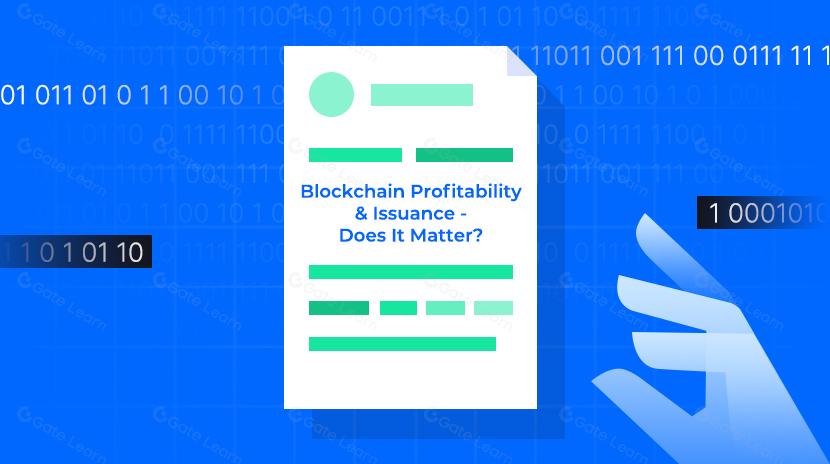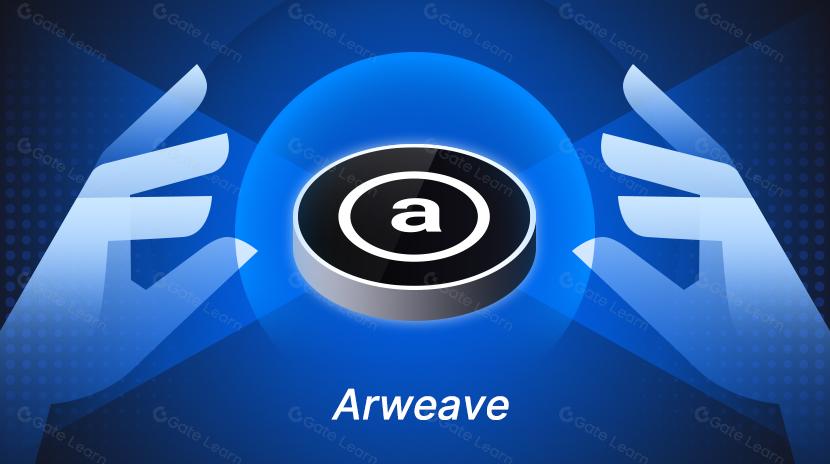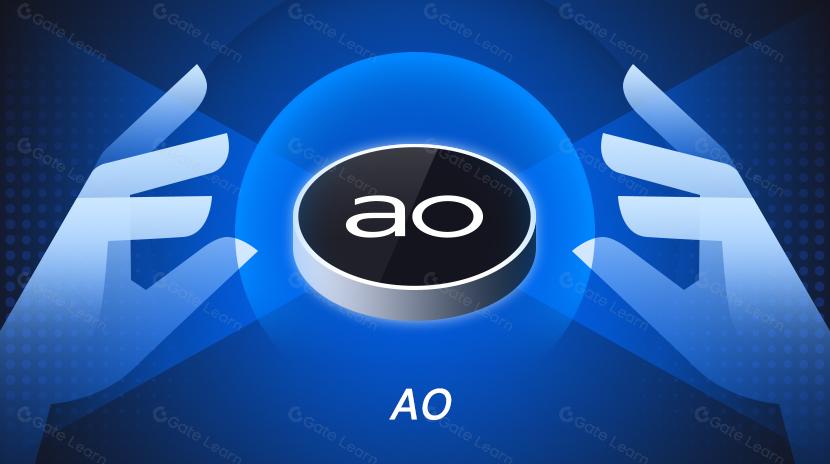fair ai

What Is Fair AI?
Fair Artificial Intelligence (Fair AI) refers to the practice of designing AI systems that deliver consistent, explainable, and auditable decisions across diverse groups and scenarios, with the goal of minimizing biases introduced by data or algorithms. Fair AI emphasizes the fairness of outcomes, the verifiability of processes, and the ability for affected individuals to appeal decisions.
In real-world business applications, bias can emerge in risk control, identity verification, content moderation, and similar processes. For example, users from different regions with identical profiles might be labeled as high-risk at differing rates. Fair AI addresses these inconsistencies by standardizing data, designing assessment metrics, and establishing audit and appeal mechanisms to reduce the harm caused by such disparities.
Why Does Fair AI Matter in Web3?
Fair AI is especially important in Web3 because on-chain assets and permissions are governed by algorithms—any unfair model can directly affect a user's funds, access rights, or governance power.
Decentralized systems are built on the principle of "trustlessness," yet AI is often used for risk assessment and pre-contract decision-making. If a model is stricter toward certain groups, it undermines fair participation. From 2024 to the second half of 2025, multiple jurisdictions and industry self-regulation guidelines have increasingly emphasized transparency, fairness, and auditability in AI. For Web3 projects, robust verifiable practices are essential for compliance and user trust.
Consider trading scenarios: AI may assist in risk scoring before contract execution, content moderation on NFT platforms, or proposal filtering in DAOs. Fair AI transforms the question of "does the system favor certain users?" into a measurable, reviewable, and accountable process.
Where Do Fair AI Biases Originate?
Bias in Fair AI primarily stems from data and processes. Imbalanced datasets, inaccurate labeling, or inappropriate feature selection can cause models to misclassify specific groups more frequently.
Think of "training data" as the textbook from which AI learns. If certain groups are underrepresented in this textbook, the model struggles to understand their normal behaviors and may incorrectly flag them as anomalies. Subjective judgments by labelers and limitations in data collection channels can further amplify this issue.
Process bias often appears during deployment and iteration. For instance, evaluating model performance with only a single metric may ignore group differences; testing exclusively in a few geographic regions can mistake local traits for global patterns. Fair AI advocates for fairness checks and corrections at every stage—data collection, labeling, training, deployment, and monitoring.
How Is Fair AI Evaluated and Audited?
Evaluation and auditing of Fair AI involve using clear metrics and processes to examine whether models perform consistently across different groups—and recording verifiable evidence for future review.
Common methods include comparing error rates and approval rates between groups to detect significant inconsistencies. Explainability techniques are also employed to provide insights into why a model classified a user as high risk, facilitating review and error correction.
Step 1: Define groups and scenarios. Identify which groups to compare (such as by region, device type, or user tenure) while clarifying business objectives and acceptable risk levels.
Step 2: Select metrics and set thresholds. Apply constraints such as "differences between groups should not exceed a certain percentage," while balancing overall accuracy to avoid over-optimizing a single metric.
Step 3: Conduct sampling reviews and A/B testing. Have human reviewers evaluate a batch of model decisions and compare them to automated outputs to check for systematic bias.
Step 4: Produce audit reports and remediation plans. Document data sources, versions, metric outcomes, and any corrective actions taken—preserving traceable evidence.
By the second half of 2025, it has become industry standard to involve third-party or cross-team reviews in the audit process to mitigate the risks of self-assessment.
How Is Fair AI Implemented on Blockchain?
Implementing Fair AI on blockchain centers around recording key evidence and validation results either on-chain or off-chain in a verifiable manner, ensuring that anyone can verify whether processes were followed correctly.
Zero-knowledge proofs are cryptographic methods that allow one party to prove a statement is true without revealing underlying data. Projects can use zero-knowledge proofs to demonstrate that their models meet established fairness criteria without exposing user privacy.
Step 1: Record decisions and model information. Store immutable records such as model version hashes, data source descriptions, key thresholds, and audit summaries on the main chain or sidechains.
Step 2: Generate fairness commitments and proofs. Create cryptographic commitments for constraints like "group disparities remain below set thresholds," then use zero-knowledge proofs to publicly demonstrate compliance.
Step 3: Open verification interfaces. Allow auditors or the community to verify these commitments and proofs without accessing raw data—achieving both verifiability and privacy.
Step 4: Governance and appeals. Integrate model updates and threshold adjustments into DAO governance or multisig workflows; enable users to submit on-chain appeals that trigger manual reviews or temporary exemptions.
How Is Fair AI Applied at Gate?
At Gate, Fair AI is mainly applied in risk control, identity verification (KYC), and token listing reviews—preventing data-driven model bias from adversely affecting user funds or access.
In risk control scenarios, Gate monitors false positive rates across regions and device types; threshold settings and appeal channels are established to prevent accounts from being permanently restricted due to a single anomalous transaction.
For identity verification (KYC), multi-source data and manual review mechanisms ensure edge cases are not excessively penalized; rejected cases have access to appeal and re-verification options to minimize erroneous denials.
During token listing reviews, Gate combines on-chain project histories, public team information, and community signals. Explainable models are used to provide reasons for "rejection" or "approval," with model versions and audit records immutably stored for future tracking.
Step 1: Establish fairness policies and metric repositories—defining acceptable ranges for group disparities within business operations.
Step 2: Launch audit and appeal processes—preserving records of key decisions in risk control and KYC so users can trace decisions and file appeals if necessary.
Step 3: Collaborate with compliance teams—retaining audit records per regulatory requirements and involving third-party reviews when needed.
Regarding fund security, any model bias could result in wrongful account restrictions or blocked transactions. Manual review and emergency unfreezing mechanisms must be preserved to mitigate adverse impacts on user assets.
What Is the Relationship Between Fair AI and Transparency?
Fair AI requires transparency—but not at the expense of privacy. The goal is to strike a balance between explainability/verifiability and protection of personal information.
Differential privacy is a technique that introduces carefully designed noise into statistical results, safeguarding individual data while preserving overall patterns. In combination with zero-knowledge proofs, platforms can publicly demonstrate compliance with fairness standards without exposing individual samples.
In practice, platforms should disclose their processes, metrics, and model versions while encrypting or anonymizing sensitive data. Public disclosures should focus on "how fairness is evaluated" and "whether standards are met," not on revealing who was flagged as high risk.
What Are the Risks and Limitations of Fair AI?
Fair AI faces challenges such as conflicting metrics, reduced performance, increased costs, and the risk of exploitation—requiring trade-offs between business objectives and fairness constraints.
Attackers might impersonate vulnerable groups to evade model restrictions; over-prioritizing a single fairness metric could compromise overall accuracy. On-chain recordkeeping and proof generation also introduce computational and cost overheads that must be balanced.
Step 1: Set multiple metrics instead of optimizing for just one—avoiding misleading outcomes from focusing solely on a single value.
Step 2: Retain manual review mechanisms and graylists—providing space for error correction and observation beyond automated decisions.
Step 3: Establish continuous monitoring and rollback procedures—to quickly downgrade or revert model versions if anomalies are detected.
Where funds are involved, it is crucial to provide appeal channels and emergency handling processes to protect user assets from unintended consequences.
Key Takeaways on Fair AI
Fair AI transforms “is it fair?” into an engineering discipline that is measurable, verifiable, and accountable. In Web3 environments, recording audit evidence on-chain—and using zero-knowledge proofs to publicly prove compliance with fairness constraints—enhances credibility without compromising privacy. Operationally, risk control, KYC, and token listing require robust metric libraries, appeal systems, and manual review processes to safeguard user rights and fund security. As regulatory frameworks and industry standards evolve from 2024–2025 onward, fairness will become a foundational requirement for on-chain AI applications; building strong data governance, audit workflows, and verifiable technologies in advance will be critical for projects seeking trust and regulatory approval.
FAQ
As a regular user, how can I tell if an AI system is fair?
Consider three aspects: First, examine whether its decision-making process is transparent—for example, are recommendation reasons clearly stated? Next, check if all user groups receive equal treatment without certain backgrounds being consistently disadvantaged. Finally, see if the platform regularly publishes fairness audit reports. If this information is missing or unclear, the system’s fairness is questionable.
What are some practical applications of fair AI in trading and finance?
On platforms like Gate, fair AI powers risk control reviews, recommendation engines, and anti-fraud detection. For example: risk control systems should not automatically deny users based solely on region or transaction history; recommendation systems must ensure newcomers have access to quality information rather than being systematically overlooked. These factors directly impact every user's trading experience and fund safety.
What if the training data for AI is poor—can fairness still be improved?
Data quality has a direct impact on AI fairness. No matter how sophisticated the algorithm design is, biased historical data will amplify unfairness. Solutions include regularly reviewing training data coverage for diversity, removing explicitly discriminatory labels, and rebalancing datasets using debiasing techniques. Ultimately though, manual review and continual iteration are essential—there is no one-time fix.
Do fair AI practices conflict with privacy protection?
There can be tension but not inherent conflict between fairness assessment and privacy protection. Evaluating fairness requires analyzing user data but privacy-enhancing technologies (like differential privacy or federated learning) can be used during audits to safeguard personal information. The key is transparent disclosure about how user data is processed so users understand how their information contributes to system fairness improvements.
What should I do if I suspect an AI decision was unfair to me?
First, report your specific case (such as a rejected transaction or unreasonable recommendation) to the platform—request an explanation of the decision-making basis. Legitimate platforms should offer explanations and appeal mechanisms. You may also request a fairness audit by the platform to investigate potential systemic bias. If you suffer significant losses, retain evidence for regulatory authorities or third-party review; this process also drives ongoing improvement of AI systems.
Related Articles

Blockchain Profitability & Issuance - Does It Matter?

Arweave: Capturing Market Opportunity with AO Computer
